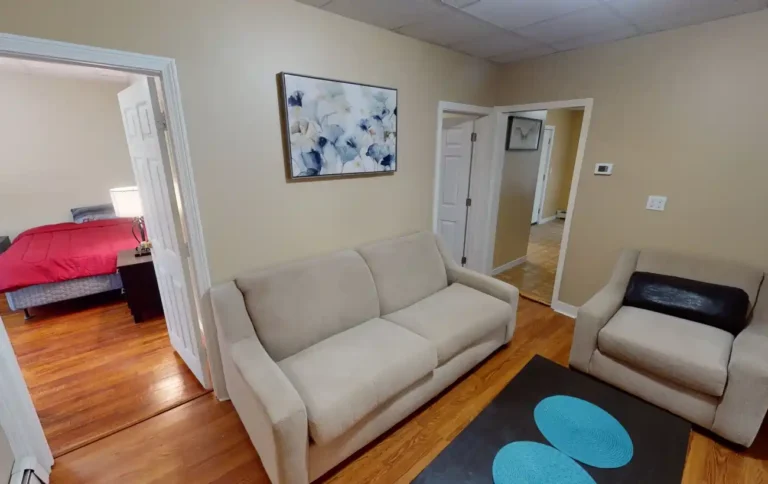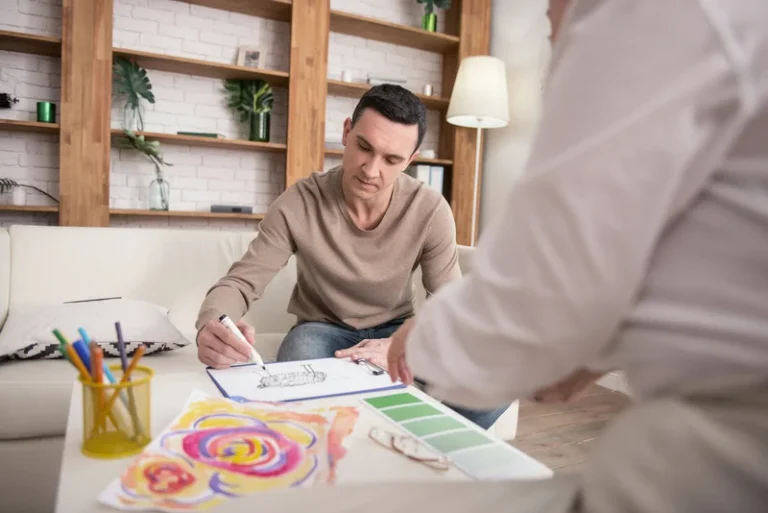Instead, make sure they know you’re genuinely interested in how they feel from day to day. It also doesn’t hurt to emphasize that you want to learn more so you can better support them on their journey to recovery. Your partner’s drinking doesn’t mean they want to hurt you or don’t care about you.
Join a Support Group
Having a few drinks together or as part of a social outing is a common way to unwind. If all party members are comfortable with this activity, it can be an enjoyable way to have fun. However, some people struggle to manage alcohol responsibly, leading to unintended effects on others around them and potentially ruining relationships. There is a direct correlation between alcohol use in relationships and the quality of intimacy among partners.

When to Seek Professional Help
- Treatment may include medication like naltrexone to help curb your cravings for alcohol and help you drink less or stop drinking entirely.
- Natural consequences may mean that you refuse to spend any time with the person dependent on alcohol.
- This was especially true in cases where the partner refused to acknowledge an issue or get help.
Results showed that in dating or marriage, your romantic partner does have a small yet meaningful impact on your alcohol use. For those seeking medication management, online psychiatrist options are a good choice for finding alcohol use medication management. Alcohol is a more socially acceptable substance than most others, due to being both legally allowed for most adults and readily available in a wide range of places. Because alcohol is socially acceptable it can cause issues due to being more difficult to acknowledge. Street drugs, for example, are much less socially acceptable and therefore it can be less easy to defend their use.
Drugs, Alcohol and Abuse
Separate from alcoholism or alcohol dependence, alcohol use disorder is characterized by problem drinking that becomes severe, eventually leading to adverse social, occupational, or health consequences. Many individuals with alcohol addiction need external treatment and supports to find sobriety and address harm that may be related to alcohol and relationships in their life. Leaving isn’t always the best answer, but letting a partner’s addiction control your life isn’t healthy either. Your job as a loving and supportive partner is to encourage your loved one to get help, but you can’t force them. Recovery is a process that requires a lifelong commitment, and they have to be dedicated to it. Support groups can help people with alcohol addiction and those who are codependent on someone with alcohol use disorder.

This can lead to additional problems as others experience the challenges faced by having a sufferer in their personal relationships. Initially, a person may think that using alcohol helps them deal with these stressors, but over time, frequent heavy drinking can turn into dependence on the substance. Once individuals become psychologically addicted, alcohol misuse can become all-consuming. Support organizations exist for friends and family members of those with alcohol use disorders due to the problems created by the condition.
How Alcohol Addiction Affects Relationships
- If you’ve thought about it and want to try sobriety, for a brief period of time or for who-knows-how-long, getting started can be simpler than you think.
- Alcoholism can change someone’s personality- often in ways that confuse or shock them as well as others around them.
- If you feel like alcohol addiction is affecting your relationship, it’s important to know that help is available.
- Individual therapy, couples therapy, or treatment programs are all available options.
- There are gender differences in alcohol-related mortality and morbidity, as well as levels and patterns of alcohol consumption.
- “Blaming yourself for your partner’s drinking will cause undue feelings of guilt and shame,” explains Dalton.
The group can give you a place to get social support and encouragement from others going through a similar situation. Natural consequences may mean that you refuse to spend any time with the person dependent on alcohol. If family members try to “help” by covering up for their drinking and making excuses for them, they are playing right into their loved one’s denial game. Accepting unacceptable alcohol and relationships behavior usually begins with some small incident that you brush off with, “They just had too much to drink.” But the next time, the behavior may get a little worse and then even worse. Before you realize it, you can find yourself in a full-blown abusive relationship. You just happen to love someone who is probably going to need professional treatment to get healthy again.
